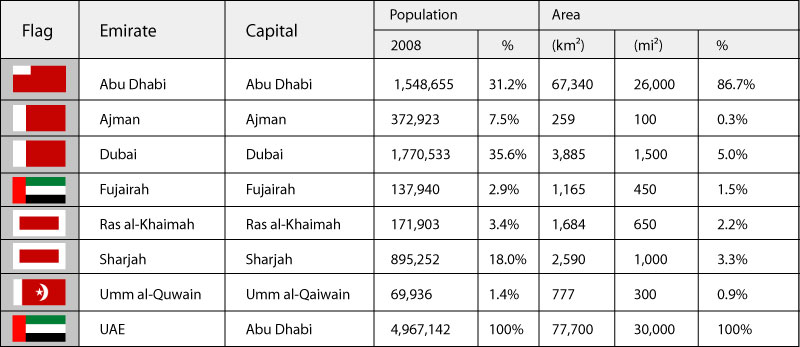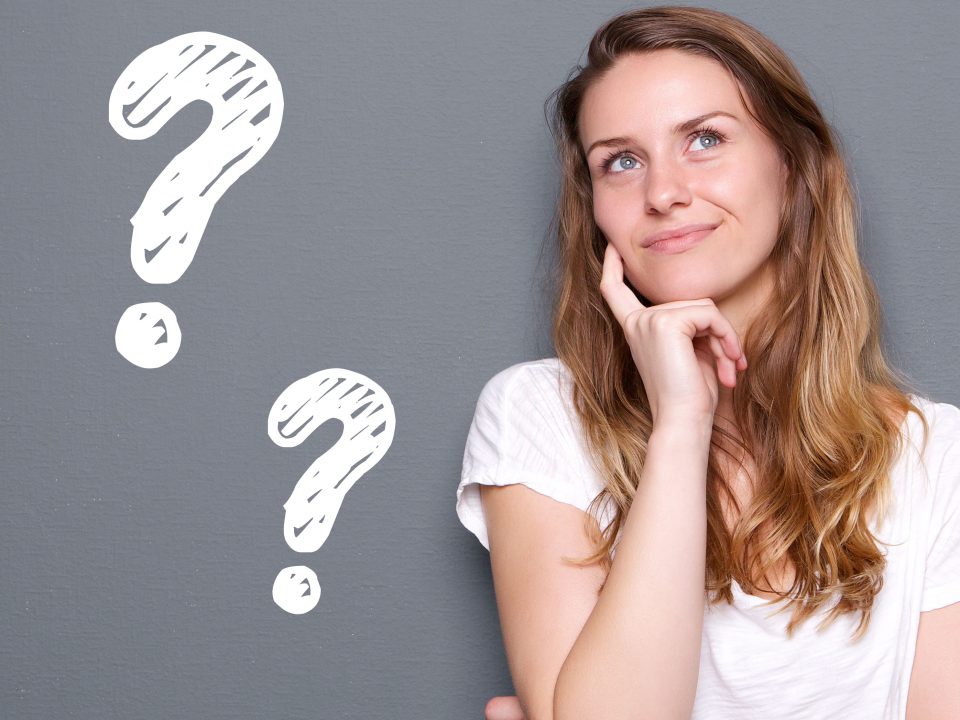
Is cosmetic surgery good or bad?
27 de setembro de 2019
The paradox of choice – Barry Schwartz
27 de setembro de 2019The United Arab Emirates is divided into seven emirates. Dubai is the most populated Emirate with 35.6% of the UAE population. The Emirate of Abu Dhabi has a further 31.2%, meaning that over two-thirds of the UAE population live in either Abu Dhabi or Dubai.

Can Dubai become the world’s happiest city?
Not content with being home to the world’s tallest tower and fastest police car, Dubai has set a challenge for itself to become the world’s happiest city. In its quest to achieve this, the city in the sand is measuring people’s happiness through interactive touchpoints around
Dubai, called Happiness Meters. There are three feelings on each meter — a happy face, a
neutral face and a sad face — which people use to rank their satisfaction with everyday services. Results from the meters feed into a Happiness Index; the number of smiley faces
tapped determines the city’s “happiness score.”
The meters are the work of Smart Dubai – a government entity tasked with transforming Dubai into a “smart city” – which believes that people will lead happier lives if their day-to-day experiences are seamless and efficient. “In order to become the happiest city, we knew we would need a way to listen to everyone in the city, and
Dubai’s ‘happiness score’
The current “happiness score” for Dubai, measured by over 6 million votes from Happiness Meters, sits at 90 percent, according to Bishr.
“Our goal is to increase Dubai’s happiness index level to 95 percent by 2021,” she added.
In an attempt to streamline public services, Smart Dubai has installed sensors in garbage bins to send alerts when they need emptying. It has also developed DubaiNow — an app for residents to pay their bills, fines and complete over 55 city services.
Smart Dubai’s vision is for Dubai to be both the happiest city and the most technologically advanced city in the world. Its next step is to gauge deeper emotions through vocal emotions technology that analyzes tone of voice and other vocal properties.
But happiness is no laughing matter, and the UAE has invested a lot of time and resources into its people’s subjective well-being.
How to make people happy
The first Minister of State for Happiness in the UAE, Ohood Al Roumi, was sworn in last year, followed by 60 Happiness CEOs across government departments.
The Ministry of Happiness’ role is to promote and prioritize happiness in government and everyday life.
CEOs of Happiness admire art at SIKKA Art Fair
This is all part of a bigger plan, laid out in the UAE Vision 2021, to put the United Arab Emirates’ well-being at the forefront of government decisions. Through doing so the UAE hopes to become the “happiest of all nations” according to the program.
In Dubai there has been a plethora of happiness themed events organized by government including a “happiness park” to promote exercise, a “happiness journey” on International Happiness Day, and various happiness festivals including activities like laughter meditation.
Measuring a subjective feeling
The World Happiness Report 2017 ranked the UAE in 21st place. The report uses people’s own life evaluation scores to measure subjective well-being.
“People are the best judges of whether they’re happy or not,” said Wiking.
The happiness rankings are then explained by looking at six key variables — GDP per capita, social support, healthy life expectancy, social freedom, generosity, and absence of corruption.
According to Wiking, those six factors are important indicators for why some countries rank higher than others.
“It is extremely ambitious to be one of the five happiest countries by 2021,” Wiking said, commenting on the UAE’s desire to become one of the happiest nations in the world.
“Norway just pushed Denmark out of first place this year. You’re down to the second decimal now that separates number one from number two,” he added.
Wiking has every confidence that Dubai is taking the right steps toward achieving its own goal. He has signed a memorandum of understanding with the UAE government, promising to share expertise and knowledge.
“I haven’t seen many other governments as ambitious,” he said.
“They have an explicit ambition of where they want to be, so that is something tangible and measurable.”
DISCUSSION
- Do you agree that these six key variables determine the happiness of a country? Why? If so, analyze each of the items in Brazil. GDP per capita, social support, healthy life expectancy, social freedom, generosity, and absence of corruption
- What do you think of the idea of a government Happiness Minister who is responsible for the happiness of the population?
- Do you think some nations are happier than others? Why?
- What is happiness for you?
- Do you think that happiness lies within you? Or does it depend upon other people and external things?
- Is happiness a state of mind or a goal?
- Is happiness relative, that is, does it have a different meaning for each person?
- Would you be happier with a soul mate or single?
- What is the effect that animals/pets have on people to make them feel happy?
HAPPY OPINIONS: Say whether you agree (A), disagree (D) or partially agree (PA):
- ______ Money can buy happiness.
- ______ Money can’t buy happiness but lack of money brings unhappiness.
- ______ Men are happier than women.
- ______ Married people are happier than single people.
- ______ People in warmer climates are happier than people in colder climates.
- ______ It’s hard to be happy in today’s world.
- ______ Every country should have a Minister of Happiness.
- ______ Rich people are always happy.
- ______ You find happier people in rich nations.
- ______ Religion helps people to be happy.
- ______ Corruption makes people very unhappy and hopeless.





